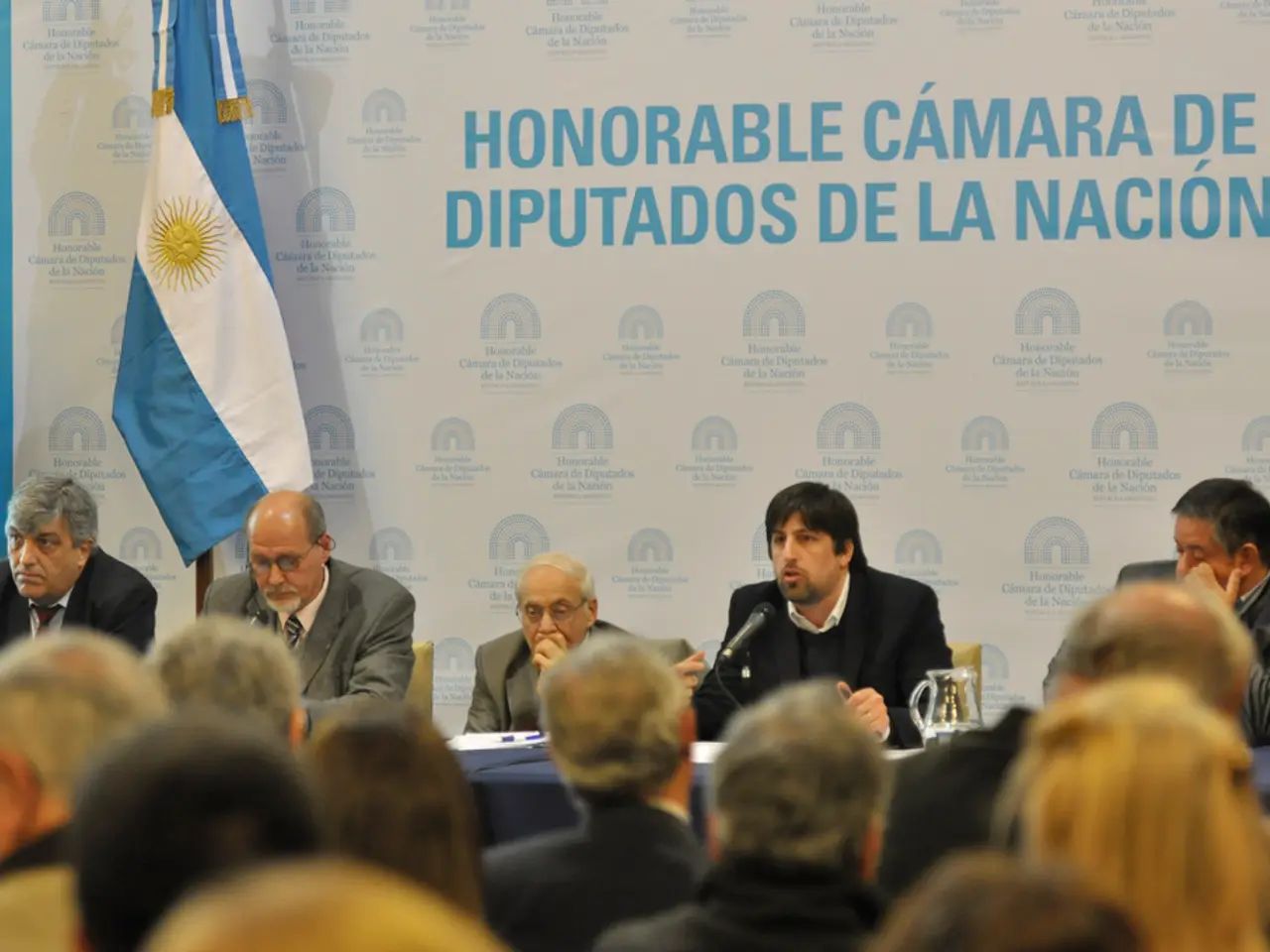Election Commission of India Lacks Jurisdiction Over Citizenship Matters, Claim Petitioners Before the Supreme Court in Bihar Case
The Supreme Court is currently hearing a series of petitions challenging the Election Commission of India's (ECI) decision to conduct a Special Intensive Revision (SIR) of Bihar's electoral rolls.
At the heart of the controversy lies the risk of mass exclusion of voters, particularly marginalized groups, due to stringent documentation requirements and procedural demands. Critics argue that this exclusion undermines constitutional guarantees of adult suffrage and disproportionately impacts those who lack mandated documents or have migrated out of Bihar.
Senior advocates, including Kapil Sibal, have emphasized the risk of voters already on the rolls since 2003 being deleted if they fail to submit forms, despite the bench's clarification that they need not provide documents again. There is concern that poor and marginalized voters lacking specific documents face disenfranchisement.
Petitioners argue that the ECI's chosen cut-off date of January 1, 2003, for the revision is fundamentally flawed and not supported by law, creating unfair exclusion. The Election Commission, however, maintains that the SIR exercise is necessary to ensure the purity of the election by "weeding out ineligible persons" from the electoral rolls.
The issue of documentation has also been contentious. Initially, the ECI excluded commonly held documents such as Aadhaar, voter ID, and ration cards from the list of valid proofs, complicating voter inclusion. The Supreme Court later overruled this and ordered that Aadhaar must be accepted as a valid document, and directed the ECI to publish the names and reasons for voter deletions.
The Commission’s initial refusal to publish the list of deleted voters and lack of probe into alleged data leaks raised doubts about its commitment to free and fair elections. The SC directed transparency measures including widespread publicity of deleted voters’ details on official websites.
Opposition leaders have accused the SIR of being a tool for electoral manipulation favouring the ruling alliance, allegations which the Election Commission denies, maintaining the legality and constitutionality of the exercise.
Commentators and petitioners argue that the exclusion of millions of voters conflicts with Article 326 of the Constitution guaranteeing adult suffrage, effectively rendering many lawful citizens unable to vote, thus undermining democratic principles as stressed by B.R. Ambedkar.
The Supreme Court is expected to deliver its verdict on the matter soon, with the case remaining ongoing. The court has allowed the ECI to continue with its SIR in Bihar, considering Aadhaar, voter ID, and ration cards as valid documents. The final roll for the SIR in Bihar is scheduled to be published on September 30.
In addition to RJD MP Manoj Jha and Trinamool Congress MP Mahua Moitra, several other opposition MPs have jointly moved the Supreme Court challenging the ECI's June 24 decision. These include K C Venugopal (Congress), Supriya Sule (Sharad Pawar NCP faction), D Raja (Communist Party of India), Harinder Singh Malik (Samajwadi Party), Arvind Sawant (Shiv Sena Uddhav Thackeray), Sarfraz Ahmed (Jharkhand Mukti Morcha), and Dipankar Bhattacharya of CPI (ML).
The ongoing debate in the Supreme Court regarding the ECI's SIR plan for Bihar's electoral rolls highlights concerns within policy-and-legislation, politics, and general-news, as critics argue that stringent documentation requirements may lead to the disenfranchisement of vulnerable voters. The issue of crime-and-justice arises from allegations that the SIR may be a tool for electoral manipulation, as opposition leaders challenge its legality and constitutionality.






